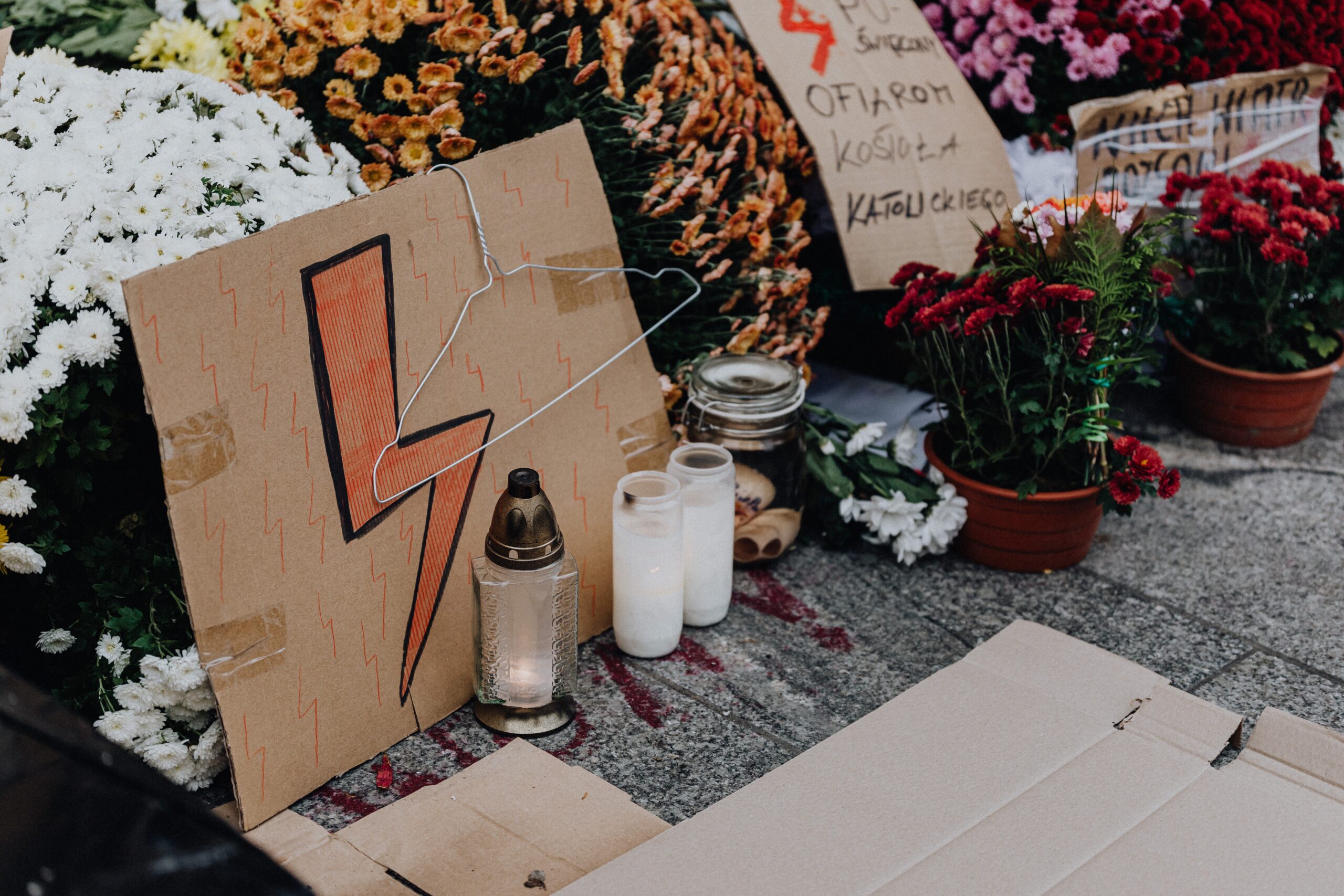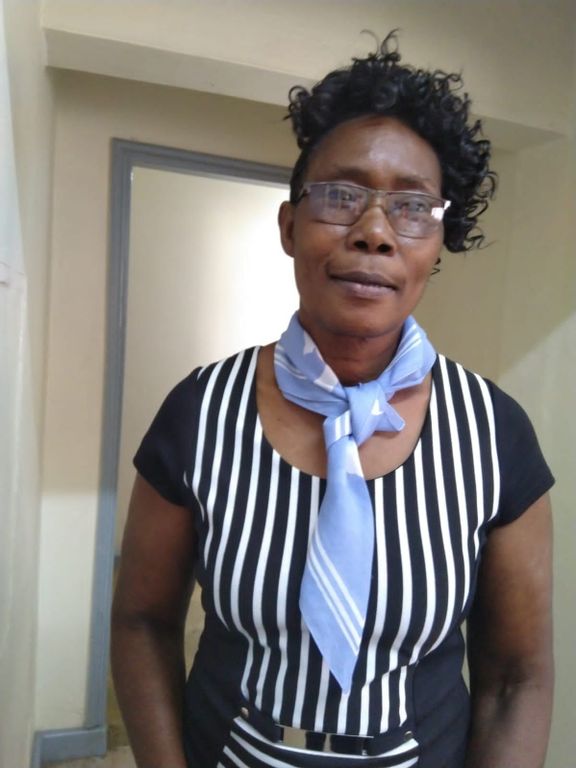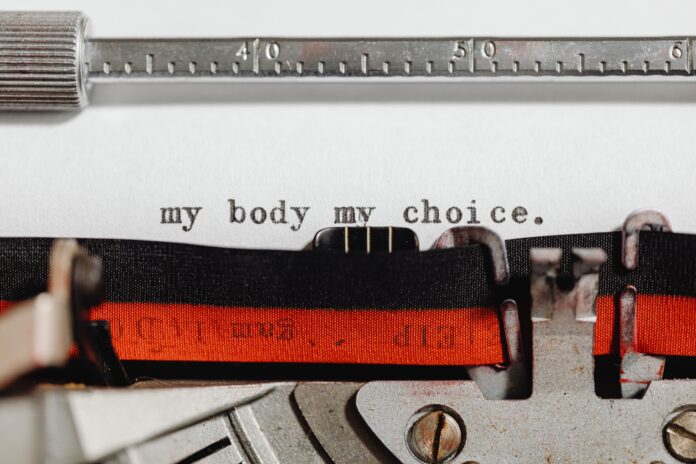By Daniel Kipchumba
Nakuru County, Kenya: About three kilometers from the newly formed city of Nakuru in the Rift valley region is Kivumbini estate, one of the biggest informal settlements in the County. The estate is well-known for its criminal activities including marketing and selling of illegal drugs.
Prostitution here among women remains the order of the day hence attracting all kinds of bogus medics who are selling both family planning and abortion tabs at affordable prices. The majority of the women trust these medics without knowing the risk involved.
‘Charity’, not her real name, is a mother of five and hails from Kisii County. Her journey has not been easy. Her relationships have not been successful but have resulted in the children she is currently raising.
“Every time I thought I got a serious man to settle with, we develop differences and they leave, that is what led to me raising all these children alone. It’s a burdensome responsibility,’ She quips
“In fact, it’s the issue that drove me to abort my last child, against my wish. The father left me after he learned that I was pregnant,” she narrates.
On that fateful day, she shared her predicament with her intentions, to a close friend, who led her to someone she referred to as a doctor, who would provide cheap abortion services.
“She took me to a man whom we met at a roadside carrying a backpack around the Shabab estate, he gave me a once-off tablet which I swallowed after our evening meal. That was the start of a roller coaster. At midnight, I experienced elongated excruciating pain, but I endured it for some hours, knowing that it was part of the abortion process. After some time, I felt the need for a short call, and as I squatted on a basin in the house, I felt something heavy coming through, I stretched my hand underneath, held, and pulled it. It was a small baby. I threw it into the basin” an emotional Charity narrates.
That night, she bled too much that she felt weak, that’s when she called the friend that had taken her for abortion pills and was taken to the hospital. What she saw while in the hospital is still fresh in her mind to date.

“I witnessed women die during my week’s stay at the hospital, most of them young ladies. Each day, there were new women brought to the hospital for post-abortion treatment. It was a very scary experience. Sometimes I usually feel a sharp pain in my lower belly, and in my feet, like some thorns are pricking me. I strongly believe it is the effects of that abortion because I was not feeling that way before” says Charity.
‘Charity’ is not alone, in the same neighborhood is ‘Christine’, not her real name, and is a mother of one who hails from Turkana. A quick look at her house tells of a difficult lifestyle. She lives in a single-room wooden shack, an extension of someone’s main house. Yesterday’s utensils are still uncleaned and strewn all over. She is visibly drunk. The smell of alcohol fills the room as soon as she sits on her bed for the interview.
Christine’s story shares some resemblance with ‘Charity’s’.
“I was in a relationship with a man who ran away after realizing that I was pregnant. I had nothing, so I consulted a friend about the issue, and she took me to a herbalist here in Kivumbini, who inserted some herbs into my private parts. Waited for a few hours and at night the 2-month-old fetus came out” says Christine.
‘Christine’s’ experience, just like ‘Charity’s’, was equally dramatic in its own way. She experienced pain in her stomach after the fetus came out, she was advised by the herbalist to use ordinary over-the-counter painkillers but when her left breast got swollen and the pain persisted, she knew it was time to see a conventional doctor.
“After some time, my left breast hardened like a stone and passed out pus mixed with blood. I knew this could be dangerous, so I went to the hospital for treatment. It didn’t soften, in fact, there was no real change. Only the pain subsided but the breast remained hard. I didn’t go back, the breast healed completely on its own, just last year, eight years after the abortion” narrates Christine as tears well up in her eyes.
Though a long time has passed since the abortion, the trauma still lingers. She says, whenever she sees children playing around the compound, she’s reminded that were it not for the abortion she procured, hers would be the same age. But then again, it was the only solution for her at that time, considering she had another child to feed, with no man to support her.
Dr. Jane Ombura a reproductive health expert at Egerton University, says that there is always a serious concern after an abortion, because some contraceptive products take long to wane from the body and that spells danger to the woman.
“If a woman is not well treated, the bacteria will start forming, and it can go into the bloodstream, where it will be circulated to the whole body, which means the body will be pumping blood mixed with puss because of infection. In normal circumstances, blood is not supposed to mix up with puss, but in case it happens, it spreads the infection to the whole body, which leads to death and it is an instant death” explains Dr. Ombura.
Dr. Jane says “There is also a danger of the uterus rotting because of the remains and sometimes there would be no other way to salvage it, other than removing it completely to save the life of a woman”.
She warns women from visiting quacks who use crooked tools like metals inserted into their private parts, which can easily introduce serious infection to a woman and perforate the uterus into the intestines, the stomach, and other internal organs.

According to a report by WHO states that abortion is a simple healthcare intervention that can be effectively managed by a wide range of health workers using medication or a surgical procedure. Around 73 million induced abortions take place worldwide each year. Six out of 10 (61%) of all unintended pregnancies, and 3 out of 10 (29%) of all pregnancies, end in induced abortion. When carried out using a method recommended by WHO appropriate to the pregnancy duration, and by someone with the necessary skills, abortion is a safe health care intervention.
Abortion is a common health intervention. It is safe when carried out using a method recommended by WHO, appropriate to the pregnancy duration, and by someone with the necessary skills.
Around 45% of all abortions are unsafe, of which 97% take place in developing countries. Unsafe abortion is a leading – but preventable – cause of maternal deaths and morbidities. It can lead to physical and mental health complications and social and financial burdens for women, communities, and health systems. Lack of access to safe, timely, affordable, and respectful abortion care is a critical public health and human rights issue.
Though both women faced different post-abortions effects, they are in agreement that abortion should not be legalized unless when there is a real need medically and has been advised by a qualified doctor as the law requires.
“Although it was successful, I wouldn’t vouch for the legalization of on-demand abortion. Especially those that are done in the backstreet clinics. It’s dangerous, it’s life and death because it’s done in secret, and so one cannot make public its negative effects” Charity says.
Reproductive health organizations all over the world have always advocated for non-biased post-abortion care, to be prioritized and considered an emergency, in order to save lives.














